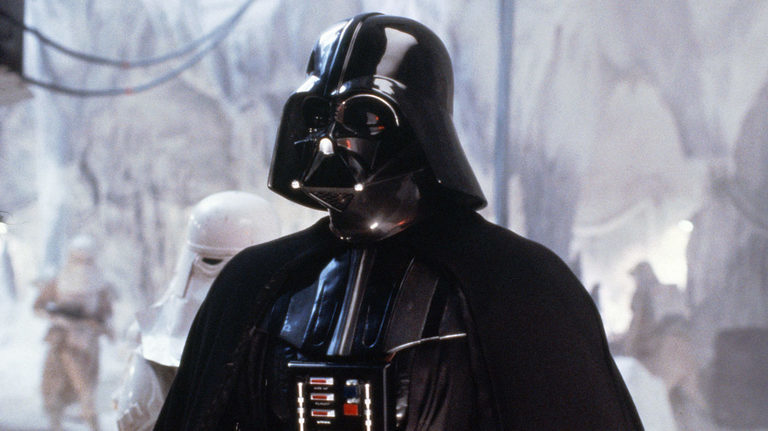It was announced earlier this month that Rian Johnson, director of the upcoming eighth instalment to the Star Wars series, The Last Jedi, is set to direct a “brand new trilogy”, entirely separate from Episodes VII-IX. Reading this news on starwars.com, I couldn’t help but feel like the quotes from the Star Wars president, Kathleen Kennedy, and Johnson himself were a little empty. There was something corporate and cynical in the way they spouted their ‘excitement’ and ‘gratitude’. There seemed to be a complete lack of any real feeling.
Hollywood’s corporate treatment of film is nothing new, but it seems in recent years that they have struck a goldmine of material that is almost inexhaustibly milkable while also being generally well-received and (this is the important bit) wanted by fans. This doesn’t just include Star Wars, but also Harry Potter and, though not necessarily Hollywood per se, Game of Thrones. Works that started as humble projects by passionate artists have become the intellectual property of, if I can be excused for saying so, cynical hacks.
On top of the main series, Disney and Lucasfilm have begun their ‘Star Wars Stories’ side projects (which include Rogue One, the upcoming Han Solo movie, along with potentials centering around Obi-Wan and Boba Fett), and now we are to expect a completely new series to add to the pile. J.K. Rowling, after leaving the world of Harry Potter behind with a heavy heart in 2011, following the release of the final film adaption of her book series, has thrown herself back into it with her play, The Cursed Child, and her Fantastic Beasts film series. This is set to have a total of five films starring — of course — a host of A-List actors. But this milking of fantasy franchises for all they’re worth doesn’t stop there. Game of Thrones, a show that is arguably deteriorating in quality with every new season since they ran out of books, is set to have it’s own spin-offs (yes, plural) based on the rich history and lore set up by G. R. R. Martin.
Works that started as humble projects by passionate artists have become the intellectual property of, if I can be excused for saying so, cynical hacks.
The trick to all of this seemingly shameless corporate fracking of beloved narrative universes is simple. Remakes of classics like Robocop, Total Recall, The Thing and (God help us) Annie were panned because no one wanted or asked for them. On the other hand, people have been asking for spin-offs of Harry Potter, Star Wars and Game of Thrones for years. As long as they’re done to a good enough standard, Hollywood is just giving the people what they want, right? But do we really know what we want?
If we ignore the films based on his work, J.R.R. Tolkien is a good example of how to explore a fantasy world. Though there is an abundance of history and lore to Middle-Earth, we aren’t told everything, and for good reason. Mystery is as much a part of the allure of fantasy as dragons, magic wands or Jedi Masters. No matter how much our natural curiosity drives us to find the answers, fantasy can only remain true fantasy if we do not know everything; if history remains history, not a rock to be mined but an elusive backdrop to the main story.
As long as they’re done to a good enough standard, Hollywood is just giving the people what they want, right? But do we really know what we want?
It’s a sad truth to admit, but I will most likely end up watching these spin-offs. But in a society where artistic restraint is replaced with business-minded assaults on our senses, how can we maintain our restraint in consuming it? It appears that ‘highly anticipated sequel’ and ‘unfeeling Hollywood cash-grab’ have come to mean the same thing. If that isn’t where art is already, it’s certainly where it’s headed. Happy movie-going.
Owen Saunders
(Image courtesy of Lucasfilm Lmt)

